When you think of Voting, you probably think of casting a ballot in an election. And, although I hope you do vote in every local, state, and federal election, that is, in fact, NOT what this blog is about…
No, this block is NOT about politics, or why it is important to vote, or even why choosing to ‘not vote’ is, in fact, voting.
This blog is about how we Vote for, or against, OURSELVES
We vote all the time with each and every choice we make throughout our day, every day.
What would a Vote (or choice) like that look like? and why should we even care?
We already know we vote for what will be on Television next year by which tv shows we collectively watch this year. Nielson ratings, and other sources, help determine what we (the audience) are interested in seeing on TV by which programs (and channels) we watch each and every day.
We Vote for our Health in much the same way
What we choose to eat, and drink, what we choose to buy, and even think, are all Votes we make every day. Each is a Vote For a certain choice, and against all the alternatives to that choice in that moment. Certainly, some votes are more important than others, but the MOST important thing for all of us to remember is, that choices are being made, and votes are being cast, by us, whether we realize it at the time or not.
Why care?
As we know from actual elections, votes have consequences. It is the sum total of all the choices we make, over time (not just at one time), that WILL affect both our health and our wealth. We all spend lots of time, effort, and heartache thinking about the “big” choices we make in life (e.g. education, work, marriage, children, etc,) but how important are the little ones? Let’s take a closer look…
Becoming more conscious about the mundane, seemingly meaningless, easy-to-do (and just as easy-not-to-do) choices we make every day, are, in fact, the ones that will either empower, or disempower us over the long haul.

THESE are the Votes that, made consistently, over time, will add up to our actual reality… whether that be good or bad. If we only knew what to expect after 5, 10, or 50 years of making the same daily choices over and over again, wouldn’t that give us a
slight edge in life?
In his book “The slight Edge”, author Jeff Olsen says: “to grasp how the slight edge works, you have to view your activities through the eyes of time”. What if, like Ebenezer Scrooge in “A Christmas Carol”, you could be given the gift of seeing yourself in the past, present, and future? Would you make difference choices?
We Vote with Our Mouths
Suppose we ate Fast food and/or Junk food Every meal of Every day?… never enough fresh greens, fruits, or vegetables. What do we suppose would happen to most of us? Weight gain, health problems?… Sure, yet probably not after 1 day, or 1 week, or even 1 month. But, imagine eating a diet high in empty carbohydrates, high in salt, and low in nutritional value for a lifetime. What might that look like?
What if our daily food choices (either knowingly or unknowingly to us) were packed full of chemicals? Preservatives, colorings, and flavorings are added to make ‘food’ more palatable and give it longer ‘shelf life’. Even when our digestive tract successfully excretes most of this within a short time, how much accumulates in our bodies, at the cellular level, over a long time? What effects would those synthetic compounds have on various systems of our bodies year after year, if that’s the only fuel we gave our bodies to work with? In her book, “Green Goes With Everything”, author Sloan Barnett points to a battery of tests she had performed on herself to determine her “toxic load”… the amount of accumulated toxins found in her body through consumption, inhalation, and absorption over 30+ years of just living a “normal” life. Some may conclude it’s not a problem for an adult with a healthy immune system. Imagine how those same chemicals, in the same exposure amounts, affect babies with undeveloped immune systems, or older folks with immune compromised systems? Now research studies that have been done showing the corrosive effects accumulated toxins actually have on our organs and tissues over time. Then check our other blogs about toxic household cleaners.
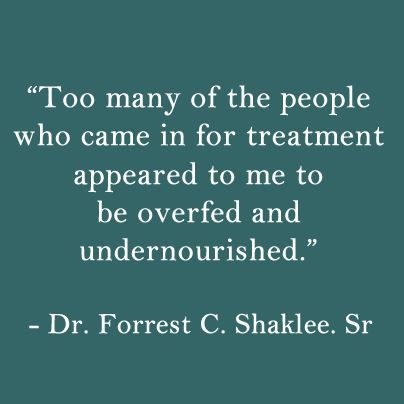
OverFed and UnderNourished
Our Health does, in fact, depend on how we vote with our mouths. Factors include not only which foods we eat, but how much food we eat (portion control), when we eat, and even why we eat. These details are beyond the scope of this blog, but check out other blogs that break it down.
Another way we Vote for our realities is through our daily purchases
We know manufacturers produce products to meet our wants and needs (Supply & Demand). If people don’t buy them, there’s a high chance those products won’t be made anymore. We know product distributors (aka “middle men” such as grocery stores) will only resell what consistently moves off the shelves. To get consumers to buy, they’ll offer incentives, rewards, discounts, coupons, etc. When consumers stop buying all together, that product, or product line, is discontinued.
Purchasing Power
We consumers have an incredible amount of power, whether we realize it or not, and whether we consciously exercise it or not. We are actually voting for what products we’ll SEE in our lives by what products we actually purchase. Our entire economy is based on this. We are a consumer-driven economy. Corporations are in business to make money. Corporate business models are designed to service their bottom line. The smaller the company, the bigger impact each purchase has. The larger the company, the more customer purchase decisions it takes to affect that bottom line.
Consumership
If a corporation were a ‘ship’, then these are what make that ship go:
Shareholders (owners) have the first direct control over that ship, it’s construction, and it’s destinations. If it’s not profitable, ‘something’ will change to make it so, else the ship will be sold or scrapped.
Executives and managers, within a company, have control over navigating and operating that ship safely towards whatever destination they’re given.
Employees have the most hands-on control over all the tasks needed to make that ship move, yet usually have little or no say in overall operations.
But none of it matters unless we, the Consumers, fuel that ship with our purchases. In keeping with a sailing ship analogy, each consumer blows their little bit in a certain direction, and it’s up to the vessel to catch those winds.
Therefore, CONSUMERS, whether we realize it or not, are Voting on Which companies will get our money, and what direction they’re likely to go. Ships move, or anchor, by the collective force of our daily choices. When we pay closer attention to every purchase we make, we put our own hands back on the levers and controls of our lives. WE decide which way the wind blows. We decide what we will allow into our lives, and WE decide who will profit from our hard earned money… but only when we make conscious choices… otherwise we’re just blowing in the wind.
We also Vote with our Thoughts.
Paying closer attention to what thoughts we choose to focus on every day actually helps determine, over time, what we choose to belief and how we choose to perceive. Dr. Maxwell Maltz, author of “Psycho Cybernetics” says: “Our self image and our habits tend to go together. Change one and you will automatically change the other.”
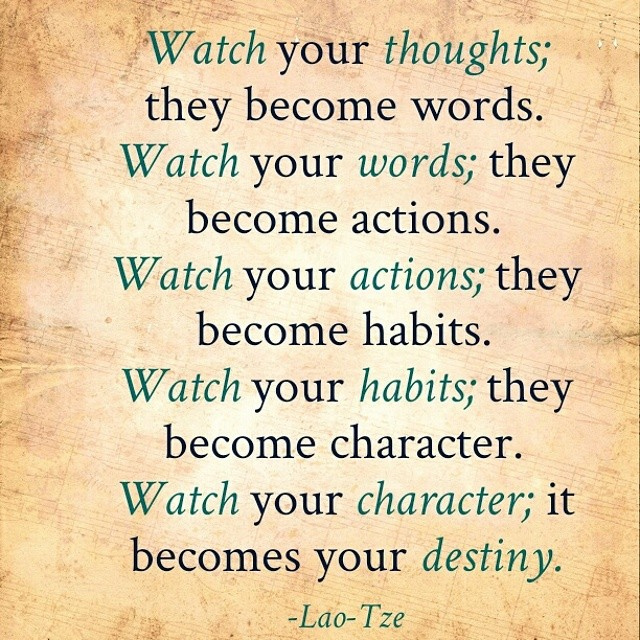
Thoughtsmanship
I would call it our daily ‘thought diet’. These ideas and philosophies are not specific to any one group or era. Dr Robert Schuller is quoted as saying “you are what you think about all day long”. We humans know we have thoughts (i.e. ‘I think, therefore I am’). Some of us may choose to spend no more time thinking about our thoughts other than to think the thoughts themselves. But not watching what we think, or not understanding our own thinking, opens the door for someone else to do it for us.
Empowerment. Successful people have all had to come to terms with their own thoughts, and be honest with themselves about those thoughts… before becoming truly successful. The process of becoming more conscious of our thoughts might be called “thoughtsmanship”. A survivor of cancer, and countless other life challenges, Dr Forrest C. Shaklee coined the term, and summed up his experience of thoughtsmanship this way:
What you Think, you Look,
What you Think, you Do,
What you Think, you Are.
Another important point to remember about our daily choices isn’t our reason behind the choice. Our justifications, rationalizations, or excuses, are just what we think about our choices. In the end, the choices themselves will determine our future, not what we think about them.
The expression of our lives is in our own hands, unless we cede it to someone else.
In the end, the best way to predict our future, is the create it.
Here’s how WE are predicting OUR future by Voting for ourselves everyday… click and see what resonates with you:
Make it a great life.
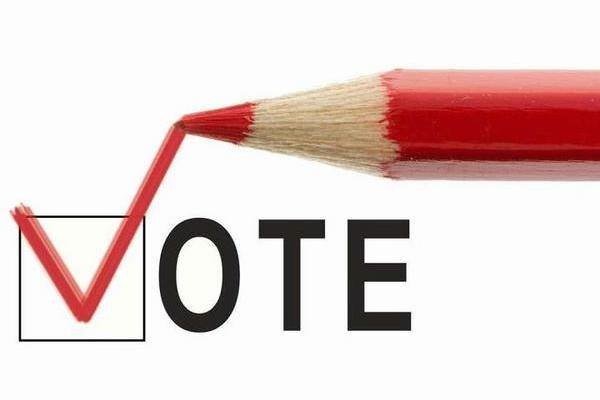
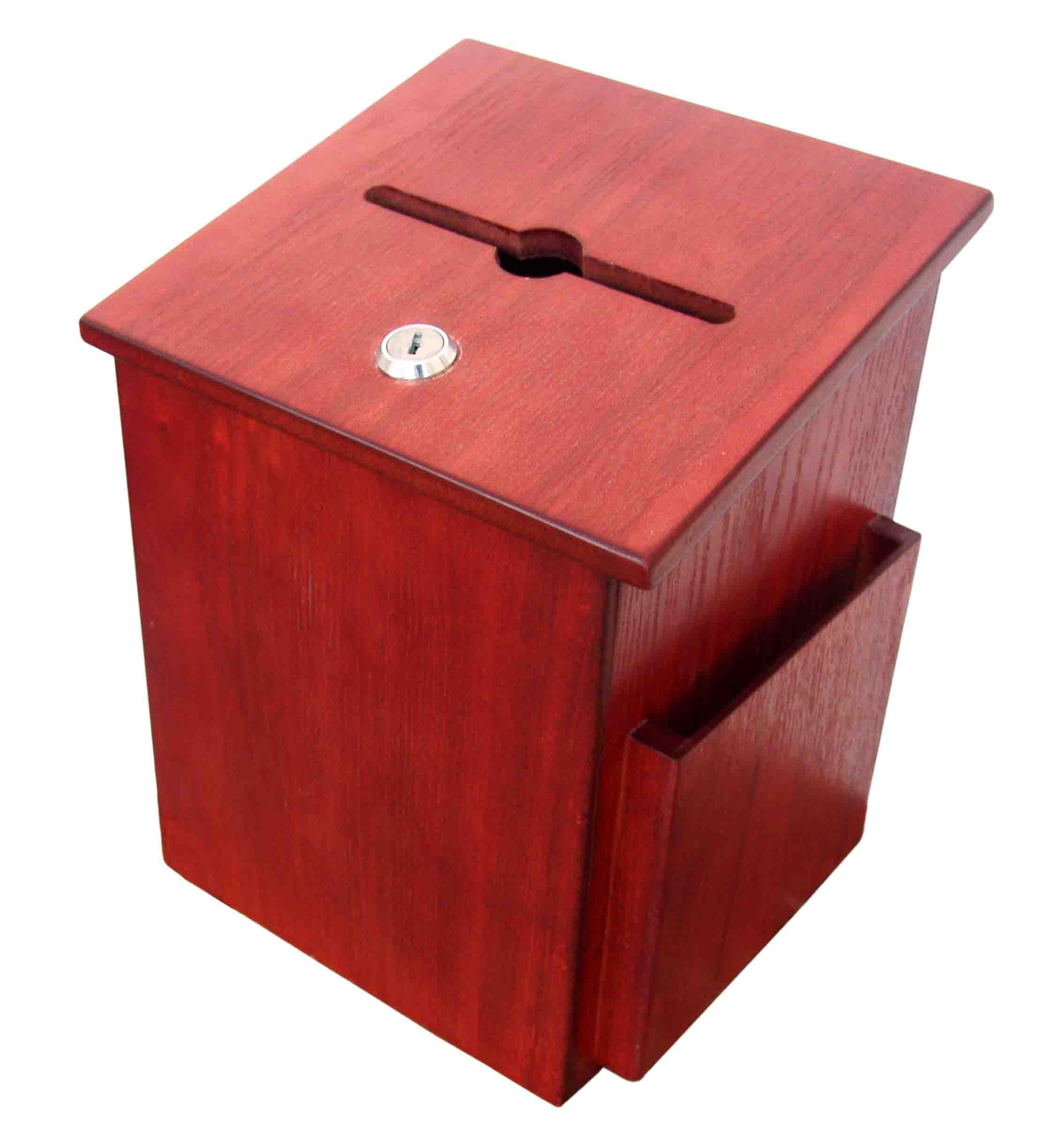

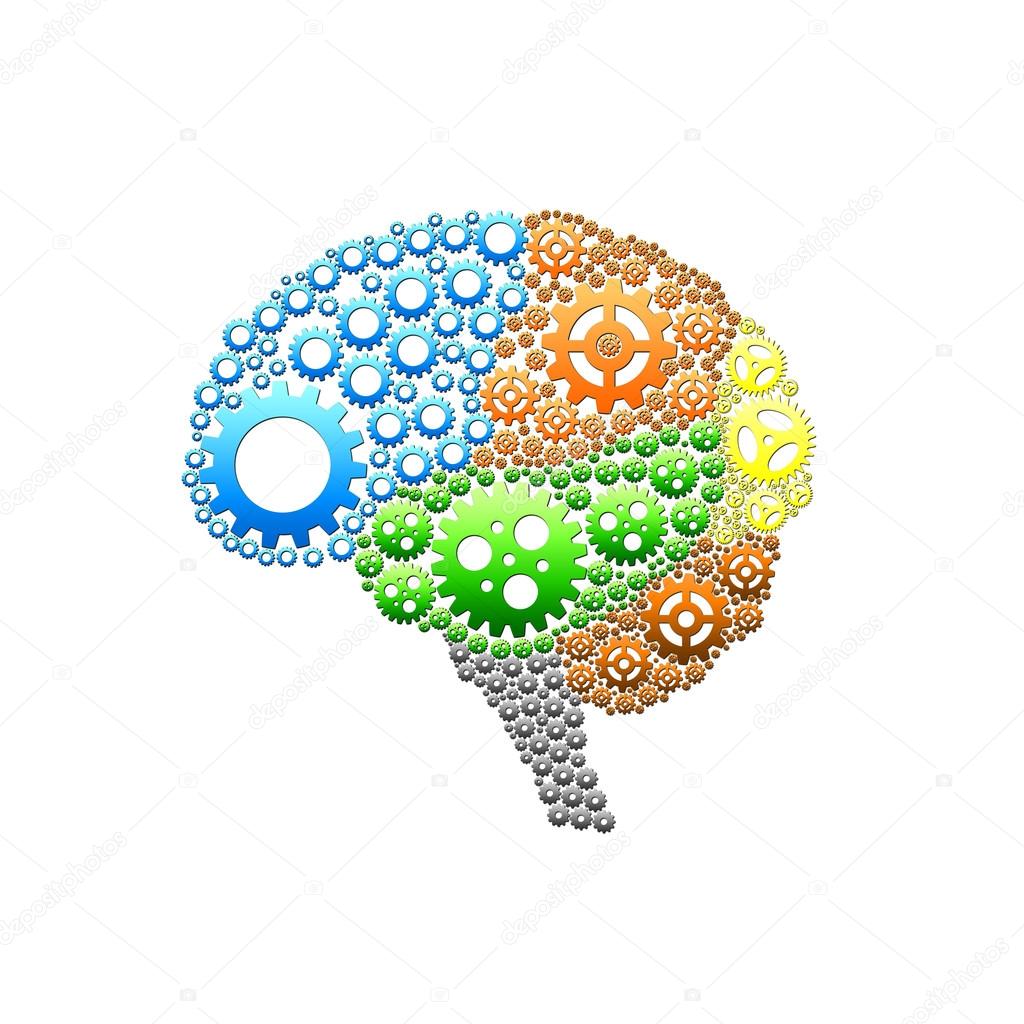
 THESE are the Votes that, made consistently, over time, will add up to our actual reality… whether that be good or bad. If we only knew what to expect after 5, 10, or 50 years of making the same daily choices over and over again, wouldn’t that give us a slight edge in life?
THESE are the Votes that, made consistently, over time, will add up to our actual reality… whether that be good or bad. If we only knew what to expect after 5, 10, or 50 years of making the same daily choices over and over again, wouldn’t that give us a slight edge in life?


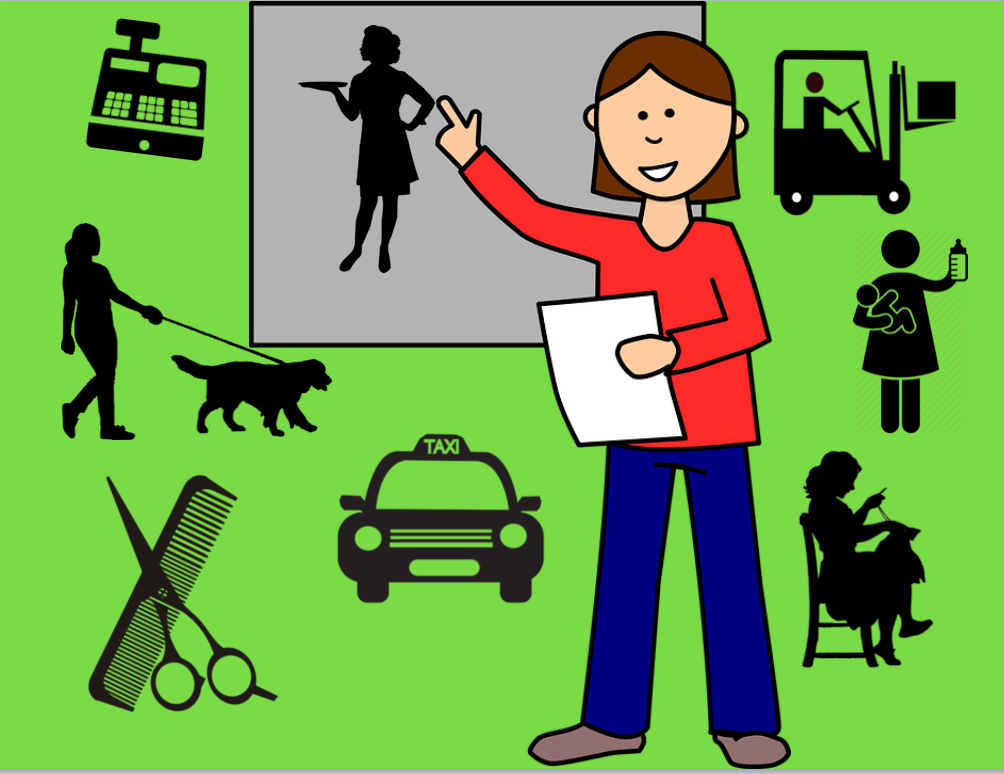
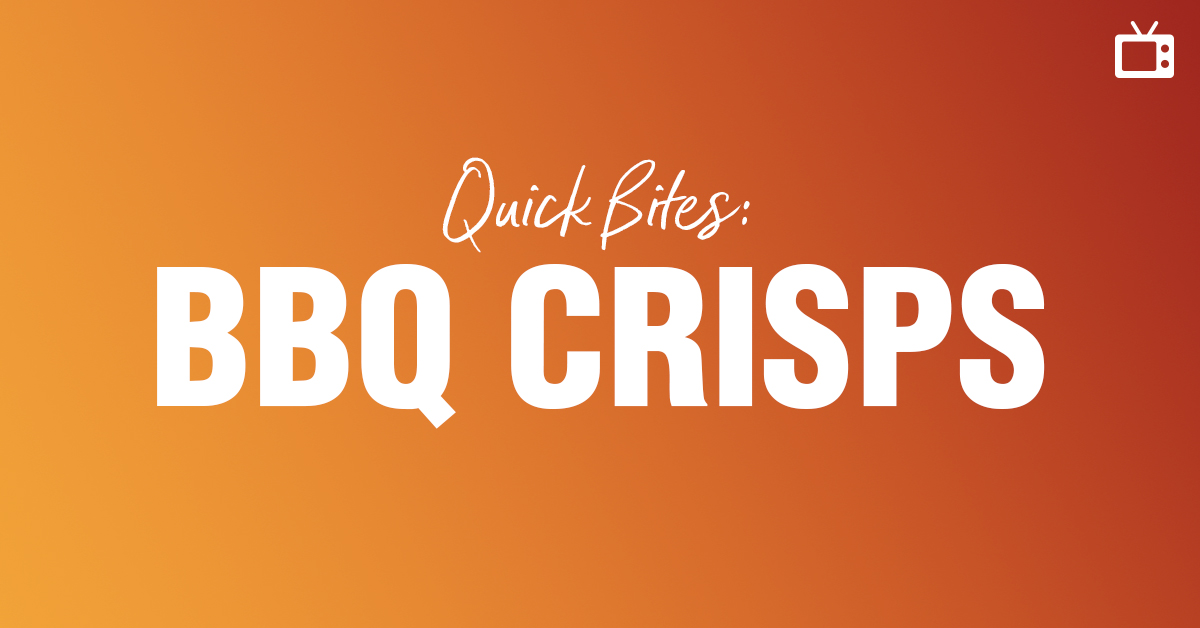
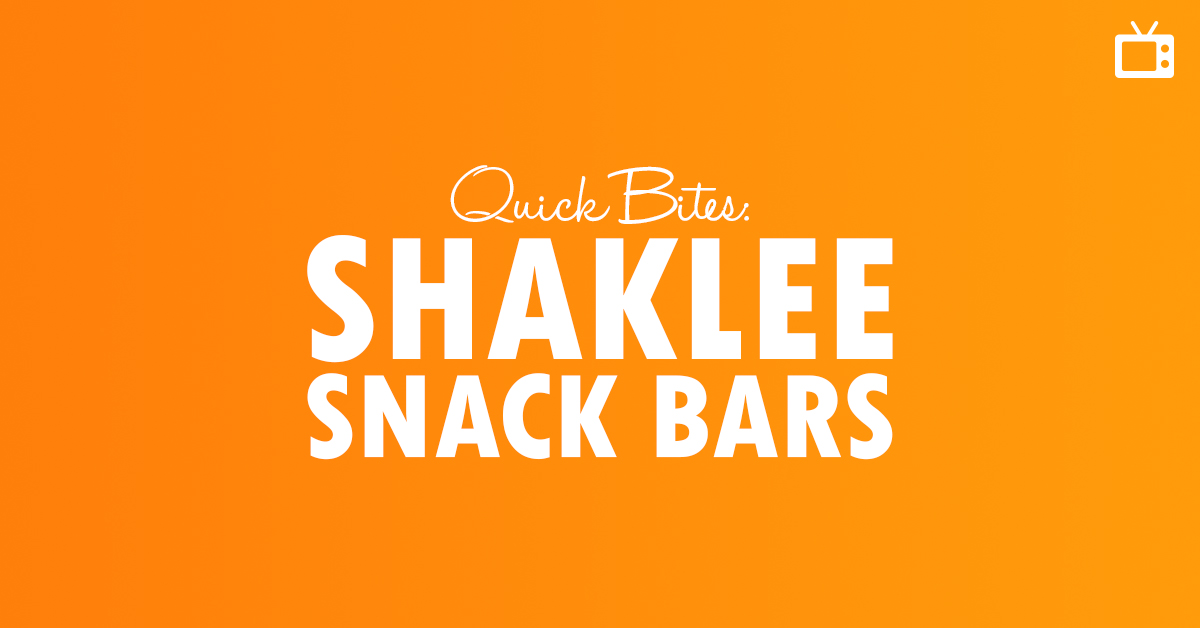
Facebook Comments